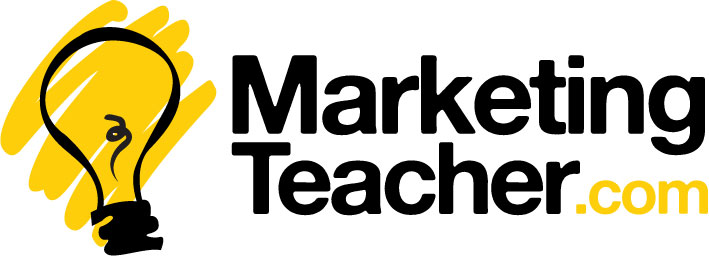In the ever-evolving landscape of marketing, technology plays a pivotal role in shaping strategies, enhancing efficiency, and ensuring transparency. Among the transformative technologies, blockchain stands out as a revolutionary force, offering a decentralized and secure way to conduct transactions and manage data. In this article, we explore the intersection of blockchain and marketing, delving into the ways this technology is reshaping the industry and opening up new possibilities for marketers.
Understanding Blockchain Technology
Blockchain, often associated with cryptocurrencies like Bitcoin and Ethereum, is a distributed ledger technology that enables secure, transparent, and tamper-resistant record-keeping. Unlike traditional centralized systems, blockchain operates on a decentralized network of computers, known as nodes, which collectively validate and record transactions.
The core principles of blockchain include decentralization, transparency, immutability, and consensus. Each block in the chain contains a list of transactions, and once a block is added, it cannot be altered retroactively without altering all subsequent blocks. This makes blockchain a highly secure and reliable technology for managing information.
Blockchain in Marketing: A Paradigm Shift
- Transparency and Trust: Blockchain’s decentralized nature ensures transparency, a quality highly valued in the marketing realm. Trust is a fundamental element in any customer-business relationship, and blockchain provides a means to establish and maintain it. By recording every transaction in a secure and transparent manner, marketers can build trust with consumers, showcasing the authenticity of their claims and transactions.
- Eliminating Intermediaries: Traditionally, marketing involves numerous intermediaries, such as ad agencies, publishers, and payment processors. Blockchain has the potential to streamline these processes by enabling direct interactions between advertisers and consumers. Smart contracts, self-executing contracts with the terms of the agreement written directly into code, eliminate the need for intermediaries, reducing costs and increasing efficiency.
- Data Security and Privacy: Data security is a paramount concern in the digital age. With frequent data breaches and privacy concerns, consumers are increasingly wary of sharing personal information. Blockchain addresses these concerns by providing a secure and decentralized database. Personal data can be stored on the blockchain, and consumers can grant selective access to their information, ensuring control and privacy.
- Tokenization of Assets: Blockchain facilitates the tokenization of assets, representing ownership or access rights on the blockchain. In marketing, this could mean tokenized loyalty programs, where customers receive tokens for their engagement and can use them for discounts or exclusive content. This not only enhances customer loyalty but also creates a new avenue for engagement and value exchange.
- Enhanced Supply Chain Visibility: For industries heavily reliant on supply chains, blockchain offers a solution for enhanced visibility and traceability. In marketing, this is particularly relevant for industries like food and luxury goods. By recording every step of the supply chain on the blockchain, marketers can assure consumers of the authenticity and quality of their products, fostering trust and brand credibility.
- Decentralized Advertising: The advertising industry is undergoing a transformation with the rise of decentralized advertising platforms. Blockchain enables advertisers to connect directly with publishers and consumers, ensuring that ad impressions are genuine and preventing ad fraud. This transparency benefits both advertisers and consumers, creating a more equitable and trustworthy advertising ecosystem.
Challenges and Considerations
While the potential benefits of blockchain in marketing are significant, there are challenges and considerations that need to be addressed:
- Scalability: Blockchain networks, particularly those associated with cryptocurrencies, face challenges related to scalability. As the number of transactions increases, the network can experience delays and higher fees. Addressing scalability is crucial for widespread adoption in the marketing industry.
- Regulatory Uncertainty: The regulatory landscape surrounding blockchain and cryptocurrencies is still evolving. Marketers need to navigate this uncertainty and ensure compliance with relevant regulations. Clear guidelines and frameworks from regulatory bodies will be essential for the widespread adoption of blockchain in marketing.
- Education and Awareness: Many marketers may still be unfamiliar with the intricacies of blockchain technology. Education and awareness initiatives are essential to help marketers understand the potential applications and benefits of blockchain in their strategies.
Conclusion
Blockchain technology has the potential to revolutionize the field of marketing by introducing transparency, efficiency, and security into various processes. From ensuring trust and transparency in transactions to revolutionizing advertising and data management, blockchain offers a paradigm shift in how marketers approach their strategies.
As the technology continues to mature and address its challenges, marketers should stay informed and explore ways to incorporate blockchain into their operations. The future of marketing may well be decentralized, transparent, and built on the secure foundation of blockchain technology.
